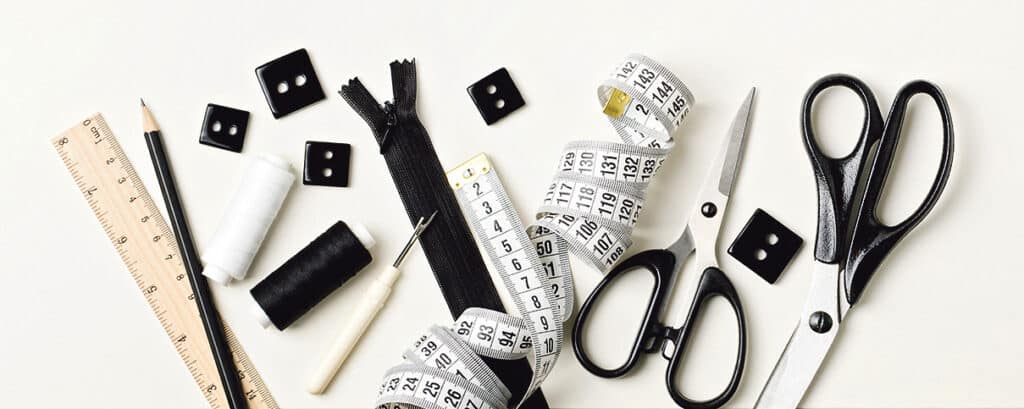On January 1, 1973, Ireland finally joined the European Economic Community following a decade of back and forth negotiations.
At that time, our economy was almost entirely reliant on Britain, as was our application to join the European Community. Twice Britain’s application to join was rejected and ours along with it.
Since then, access to the Single Market has allowed us to diversify our economy and make joint political decisions with our European partners.
At times the European Union, as it came to be named, forced our hand to make difficult decisions. For example, it could well be argued that had it not been for the European Union’s enforcement, Ireland would have no environmental legislation at all until the Green Party entered government for the first time.
The EU has undeniably been a game changer when it comes to environmental protections, since the 1979 Birds Directive, the Habitats Directive that came after and the Water Framework Directive which have guided local authorities and national governments into cleaning up and taking better care of the world around us.
With the advent of the European Green Deal, the EU’s response to the climate and biodiversity crises, 2023 is gearing up to be another key moment in the EU’s history of environmental protections. The EU has made a number of New Years’ Resolutions, but unlike my promise to myself cut down on sugar or swim more regularly, these resolutions are legally binding.
The Biodiversity Strategy commits to protecting a massive 30 per cent of our seas and land by 2030. The government has signed on to this goal, and the legislation for establishing massive Marine Protected Areas in our vast sea area has begun to make its way through the Dáil under the tutelage of Minister Malcolm Noonan. It is so heartening to be able to work on this progress, as it forms the backbone of what I campaigned for throughout the 1980s and 1990s with Greenpeace.
A massive amount of work this year will go into changing how we manage and care for our oceans as an island nation. This year we will set up a new government agency, MARA, with the task of licencing activities like Offshore Wind development in Irish seas and ensuring that the rules are adhered to.
2023 will also see the passing of a Restoration Law at EU level, which will require the restoration of damaged habitats and ecosystems such as peatlands and seagrass beds. This is intended to encourage governments to take a proactive approach to environmental protection, and to put real value on taking care of our most vulnerable ecosystems.
I go swimming at least once a week if I can at home on the beach in Tramore, County Waterford and I know that along with many sea-swimmers (many of whom took up the habit during Covid) I will be much more at ease knowing that we are taking better care of our seas and oceans this year.
I have the pleasure of writing this from the new constituency office on Washington Street in Cork City, another great city of seafarers. The office will bring a concrete footing to the environmental movement in Cork, and while a lot of work remains to be done on the space itself, I encourage you to keep an eye out for events and initiatives on ocean protection and activism taking place there in the coming year.



